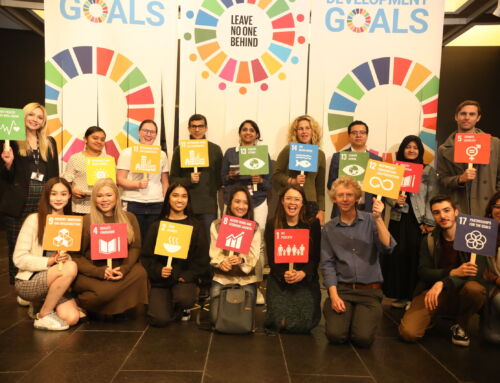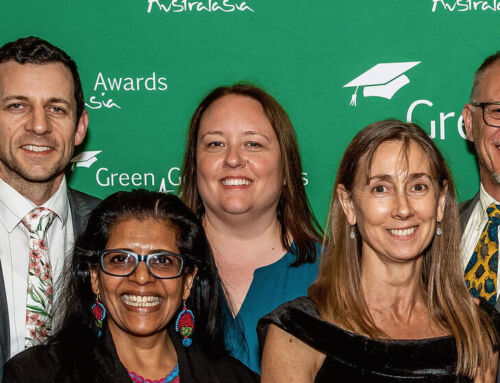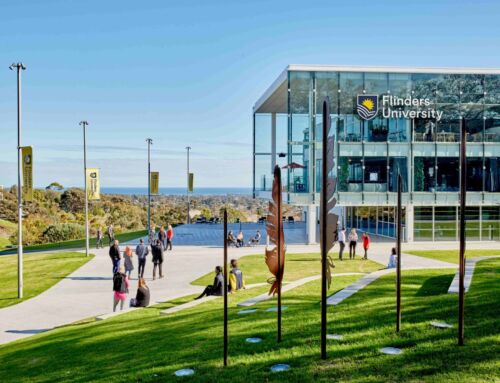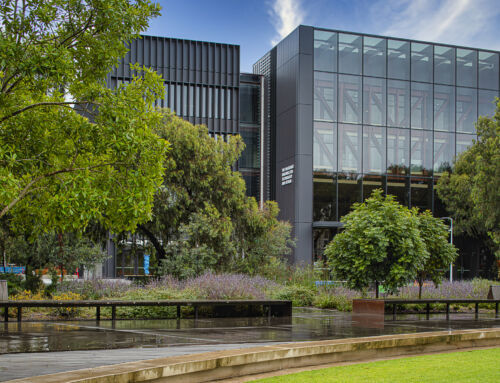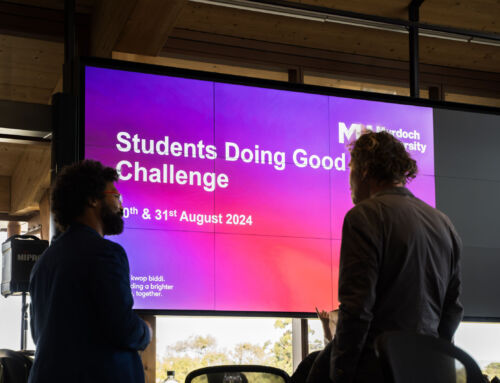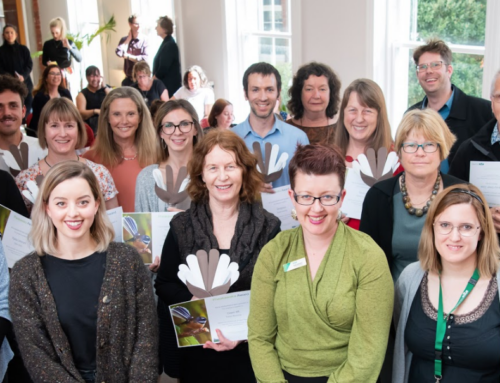UQ’s Green Ambassador Program (GAP) aims to increase sustainability on campus. It is run for students, by students, coordinated by the Sustainability Office.
Student volunteers and staff representatives comprise an “Environmental Council”, which includes several defined positions such as SDG Manager, Social Media Manager, Events Planner and Student Resources Manager. The Environmental Council organises events and input for those interested in sustainability, and offer a space for students and staff to communicate and collaborate on student-led, sustainability ideas.
Does this project relate to a sustainability strategy, and are there any associated goals or targets?
GAP aims to further the goals of UQ’s Sustainability Strategy and improve sustainability performance, as measured by annual metrics using the STARS framework. A panel of program participants reviews UQ’s annual sustainability performance report, providing feedback. GAP is aligned with the United Nations’ SDG’s and works to raise environmental awareness within UQ and beyond.
What challenges has this campaign navigated?
Defining the program’s structure, especially how it would differ from clubs and societies on campus, was an evolving process. The COVID-19 shutdown in 2020 meant establishing an online community was the only possible first step. However, this created an engaged student cohort that chose representatives for the Environmental Council and built the program from the ground up. Now, our structure entails decision-making by Council and facilitators from UQ’s Sustainability Office. The program offers the following: input into UQ Sustainability Strategy, reviewing UQ sustainability performance reporting, events, engagement, collaboration space, volunteering opportunities, awards, and other ways for students to contribute to UQ’s sustainability goals. GAP provides developmental opportunities and leadership experiences for students.
What advice would you give to other institutions looking to replicate this project?
Utilise the online space and gather students together who are interested in the core idea of your project. Then, you have a support base to grow from and seek input. Involving students creates opportunities for them to learn, improve leadership and create authentic engagement with other students. All students deserve opportunities to input into the project, take ownership of it, and be invested in its success.
Contact greenambassador@pf.uq.edu.au


